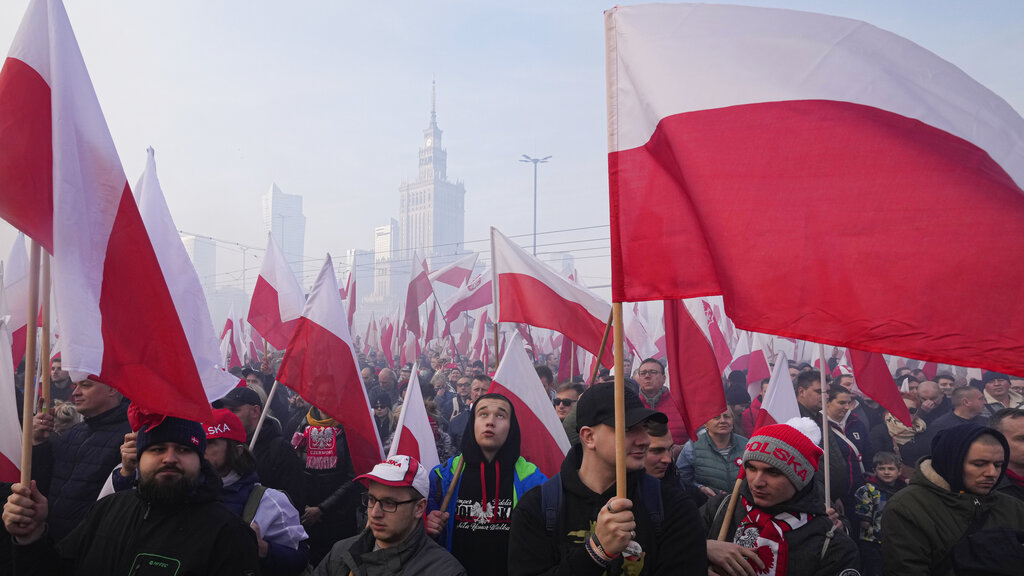Less than three years ago, a left-leaning political scientist who favored the Polish liberal opposition expressed the hope that it was not worth fighting the conservative right, as its supporters would die out on their own.
“By 2023, over a million people will die, and over a million of today’s teenagers will gain the right to vote,” proclaimed Leszek Jażdżewski.
He believed that supporters of liberalism: Civic Coalition, LGBT, and groups who put EU interests above all else while also opposing social welfare programs would ultimately win thanks to young people’s votes.
Some 33 months after Jażdżewski’s prophecy, the Wirtualna Polska news outlet announced shocking news under the title, “Law and Justice wins among young people, fascination with the Confederation is visible. Views may surprise.”
The portal reported on the results of the latest analysis by the Indicator Center and the Adenauer Foundation, which presented the preferences of the youngest group of voters aged 18 to 30.
If the balance of power in the Sejm depended solely on them, Law and Justice would win (27 percent), ahead of Civic Coalition (24.7 percent) and the Confederation (19.2 percent).
This means that currently, slightly more young people want to vote for Law and Justice than during the 2019 elections. Indicator Center also shows that nearly 60 percent percent of young people in Poland do not want the abortion law to be liberalized.
What should be done in this situation? Wirtualna Polska consoles itself with the statement that “Poles aged 18 to 30 are becoming a smaller and smaller group of voters every year – today 4.66 million people, or 14.9 percent of the adult population as a whole (for comparison, seniors over 65 years of age represent 25.1 percent of eligible voters).”
In December 2016, a survey on the attitudes of young Poles, conducted for the Rzeczpospolita newspaper, was accompanied by a dramatic comment: “Young Poles still support Law and Justice and do not see a threat to democracy.”
In May 2018, the results of another survey conducted in several European countries for a German company surprised foreign and Polish commentators. Once again, young Poles did not perform well and turned out to be “an anomaly in the EU.” Their support for the European Union was much lower than that of their peers in Spain, Germany, Italy or France, and comparable to that of Greece or Great Britain.
To make matters worse, “only 2 percent of Poles declared an exclusively European identity, and (only) 6 percent place it above their Polish identity.”
Meanwhile, 46 percent of young Poles answered that they only feel like citizens of their own country, while 43 percent said they feel first as citizens of their own country and then as Europeans.
“The attitude of Poles differs significantly from other nations surveyed,” the study concluded.






